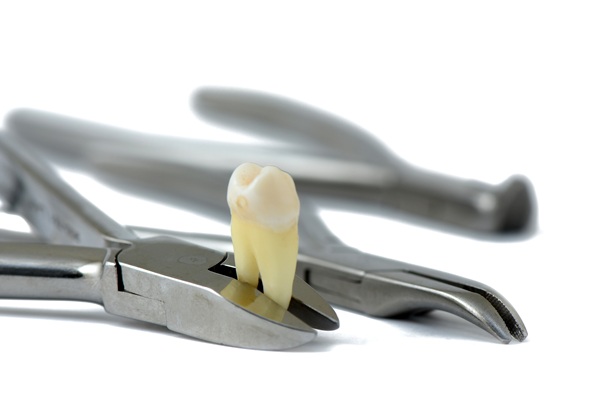Common Treatment Options for TMJ Disorder

The TMJ joints allow people to open, close and move their jaws. Your temporomandibular joint (TMJ) connects your jawbone to your skull. This joint is found on each side of the jaw. TMJ disorders usually cause a lot of problems. These can include pain in the jaw joint and in the muscles that control the movement of the jaw.
Treatment of TMJ disorders
It is not uncommon for the symptoms of TMJ disorders to go away on their own. But if the symptoms persist, seeking medical care is always a good idea. A dentist can recommend different treatment options depending on a patient’s condition. Here are some common treatment options for TMJ disorders.
Medications
Along with other nonsurgical treatment options, there is a variety of medication options that can ease the pain associated with the disorders. Over-the-counter medications often help people. Sometimes, though, the medications may not be able to ease the pain on their own. If this is the case, the dentist may prescribe stronger pain relievers for a short duration. The dentist may also suggest tricyclic antidepressants, in low doses, for pain relief. For TMJ disorders that are caused by muscle spasms, patients can use muscle relaxants for a couple of days or a few weeks to find pain relief.
Stabilization splints
Many people have been able to benefit from using oral appliances. A stabilization splint is a plastic guard that is designed to fit over either the lower or upper teeth. Over the years, stabilization splints have been used to treat TMJ disorders. The splints are ideal for short-term use and are not supposed to cause permanent changes in the bite. If a stabilization splint affects the bite or increases or causes pain, the patient must stop using it and see a dentist.
Surgery and other procedures
A dentist may recommend surgery when other treatment options have not been effective. Some common procedures include arthrocentesis and open-joint surgery. Arthrocentesis is a procedure that involves inserting tiny needles into the joint. This allows fluid to be irrigated through the joint to help remove debris and inflammatory products.
Open-joint surgery is often suggested when more conservative treatments do not help. The surgery can replace or repair the joint. But patients should know that it involves more risks compared to other procedures. Patients should only consider surgery after learning about the pros and cons.
Schedule an appointment with your dentist today
If you think you have a TMJ disorder, seek medical attention as soon as possible. Your dentist can talk to you about the possible causes and treatment options for your problem. These may include medications, stabilization splints and surgery. Your health care provider will suggest a suitable treatment depending on your condition and needs. You should always find out the benefits and risks and ask about all your treatment options. That way, you can make an informed decision before starting treatment.
Request an appointment here: https://brighton.drjstearns.com or call Platte Valley Oral Surgery at (303) 997-0223 for an appointment in our Brighton office.
Check out what others are saying about our dental services on Yelp: TMJ Dentist in Brighton, CO.
Recent Posts
Wisdom teeth extractions are common procedures performed by an oral surgeon to prevent or address crowding, infection, and other complications associated with third molars. While the extraction itself is straightforward, proper care during the healing period supports a smooth recovery. With a few tips, patients can quickly recover from wisdom teeth extractions and avoid unnecessary…
Undergoing oral surgery can feel overwhelming, but proper post-operative care is crucial to ensure a smooth recovery. Whether you have had wisdom teeth removed, dental implants placed, or another procedure, following the right recovery steps can help minimize discomfort and prevent complications.First and foremost, the oral surgeon will provide detailed post-operative care instructions specific to…
Bone grafting is a surgical procedure that is done to rebuild bone loss or repair bone damage in the oral cavity. When a tooth is lost or removed from its socket, the alveolar bone supporting it starts to deteriorate, resulting in a gradual collapse of facial features. If this happens, a patient who opts for…
The TMJ, or the temporomandibular joint, connects the skull and lower jaw and is located by the ear. The joint functions like a hinge, enabling the jaw's movement for opening, closing, smiling, eating, and other mouth activities. If the jaw joint feels painful and is unable to perform its function, the cause could be what…


